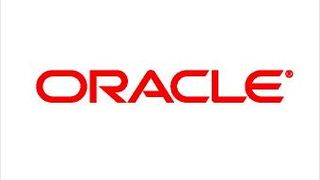Oracle fined $2 million in overseas bribery case
SEC takes tech giant to task

The U.S.'s Securities and Exchange Commission on Thursday ordered Oracle to fork over $2 million in fines on charges the company participated in bribery overseas.
The allegations state a division of Oracle "secretly" put money aside - off company books - that was later used to make "unauthorized" payments to fake vendors in India.
"Through its subsidiary's use of secret cash cushions, Oracle exposed itself to the risk that these hidden funds would be put to illegal use," Marc Fagel, director of the SEC's San Francisco Regional Office, said in a statement reported by MarketWatch.
"It is important for U.S. companies to proactively establish policies and procedures to minimize the potential for payment to foreign officials or unauthorized uses of company funds."
Legal woes keep coming
According to Reuters, Oracle never admitted or denied the allegations.
Two billion bucks is no small change, though compared to an ongoing case against Oracle by HP, it could be a relative drop in the bucket.
HP recently won a legal victory in its suit against Oracle, the crux of which is Oracle breached its contract. The ruling, handed down earlier this month, stated Oracle must continue to provide software support for servers using Intel's Itanium processor as long as HP continues to sell services with the chip.
Get daily insight, inspiration and deals in your inbox
Get the hottest deals available in your inbox plus news, reviews, opinion, analysis and more from the TechRadar team.
If HP wins a second trial to determine if Oracle should pay damages, the latter could end up paying $4 billion.
Oracle also just recently lost a legal fight with Google over infringement of Java code in the Android operating system.
Maybe Oracle's execs need to crack open an ethics book?
Via NBC Bay Area and MarketWatch
Michelle was previously a news editor at TechRadar, leading consumer tech news and reviews. Michelle is now a Content Strategist at Facebook. A versatile, highly effective content writer and skilled editor with a keen eye for detail, Michelle is a collaborative problem solver and covered everything from smartwatches and microprocessors to VR and self-driving cars.

